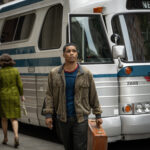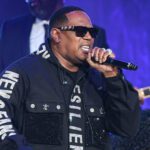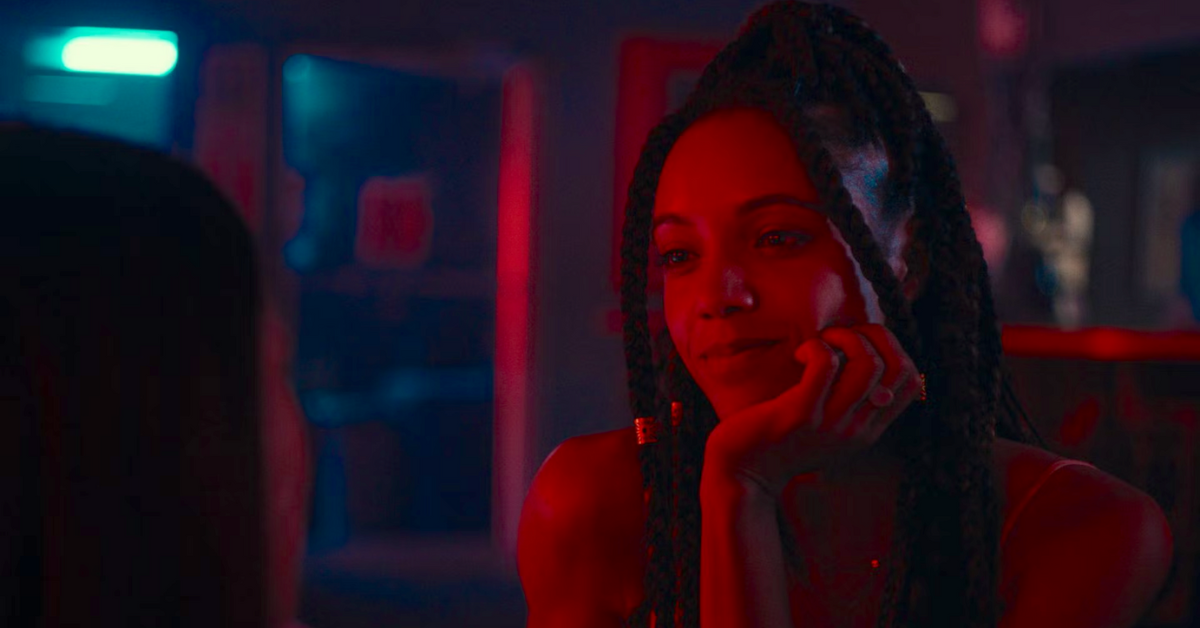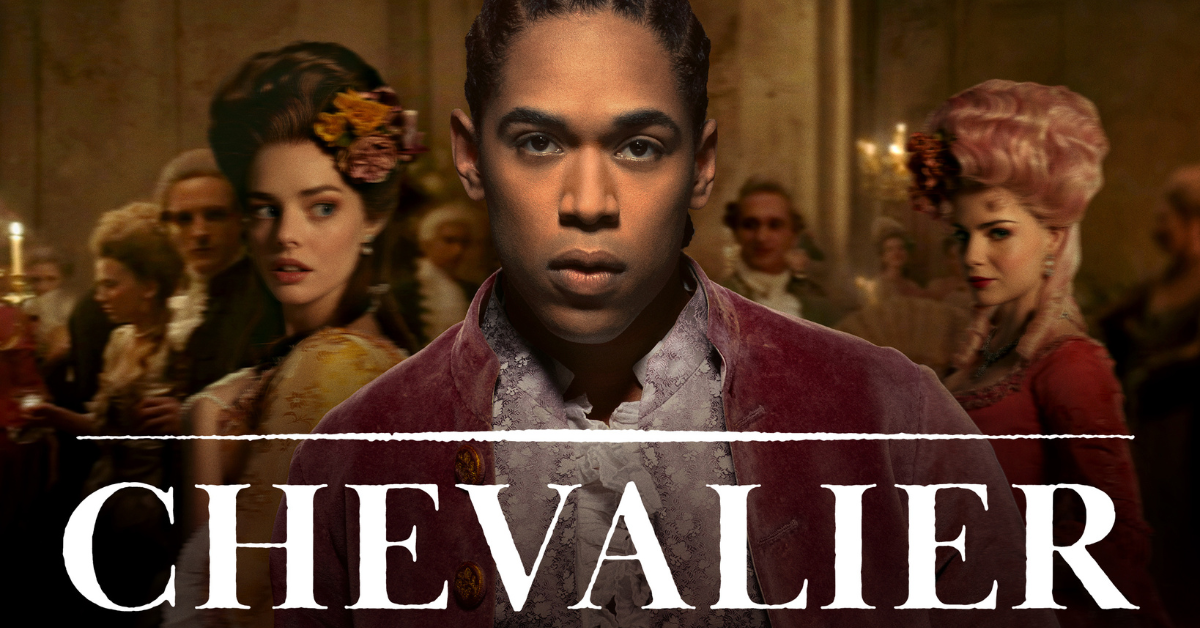No Plan B: How Markuann Smith’s Real-Life Grit Powers Godfather of Harlem
For Markuann Smith, Godfather of Harlem is more than a historical crime drama—it’s a vessel for lived experience, personal redemption, and cultural reflection. As both the executive producer and actor behind the layered character Junie Byrd, Smith fuses Harlem’s chaotic past with his own journey from Far Rockaway’s public housing to the heart of Hollywood’s creative machine.
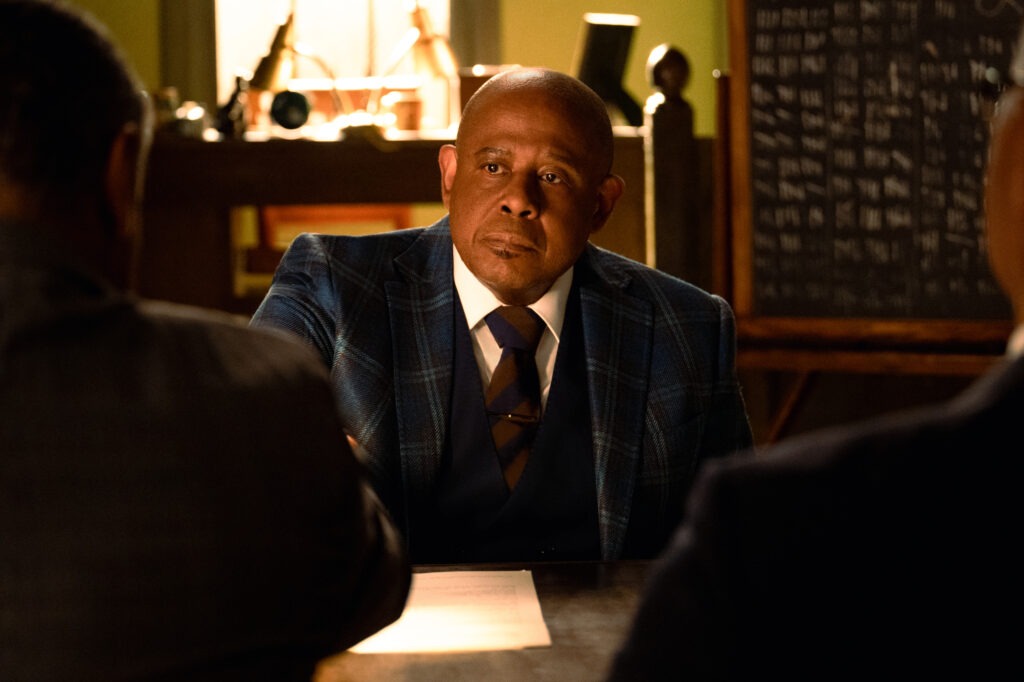
“Junie Byrd, for me, is the struggle,” Smith says. “He’s a man trying to escape his surroundings—just like I was. I used to ride that A train into Harlem as a kid just to feel something bigger than where I came from.”
Smith’s upbringing in Far Rockaway—the last stop on the A train—was marked by its own turbulence. “Imagine trying to get a Big Mac, and you gotta check who’s outside ‘cause the projects across from yours has beef. It was real,” he says. But it was in those moments of chaos that Smith discovered escape—not in the streets, but in story.
Locked in his room, young Smith devoured old films like Rebel Without a Cause, Maltese Falcon, and Once Upon a Time in America. “It drowned out everything,” he says. “Make-believe saved my life.”
But fiction wasn’t the only thing that opened his eyes. A stint in juvenile detention turned pivotal when a counselor handed him Claude Brown’s Manchild in the Promised Land. “That book was a mirror,” Smith recalls. “It showed me I didn’t want to be part of the street life anymore.”
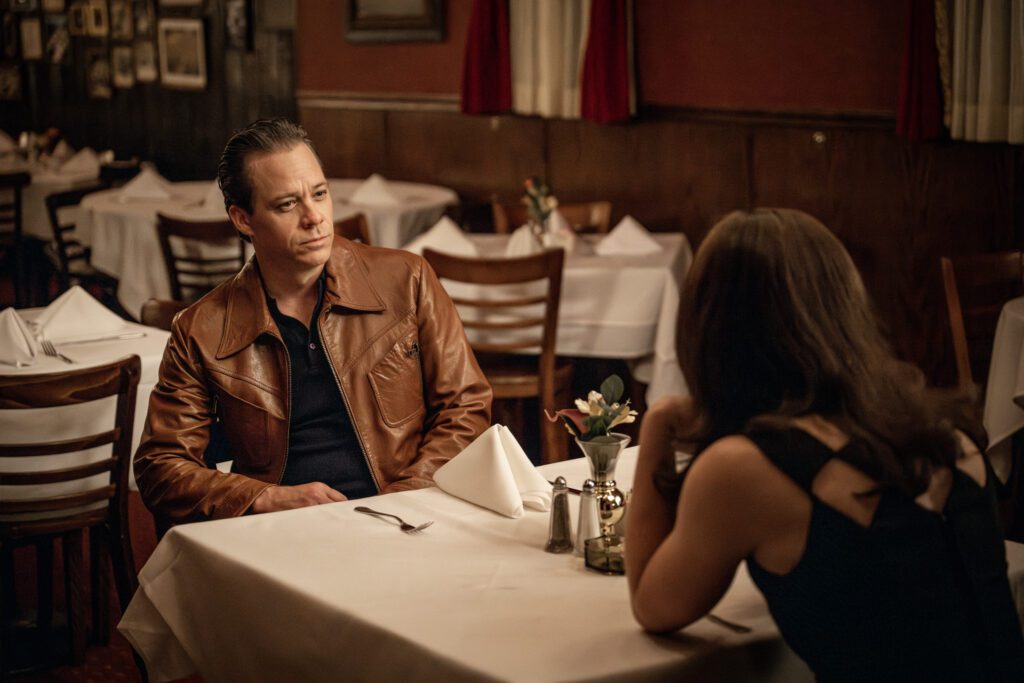
That fire translated into his drive to create. “There’s no plan B,” he says. “If you plan for a plan B, you’re already planning for plan A to fail.”
That mindset was tested during his pitch journey for Godfather of Harlem, a show that blends the crime world of Bumpy Johnson with the civil rights movement—a mix rarely seen on television. “You never saw a mob boss and a civil rights leader collide,” Smith points out. “It’s Tony Soprano meets Malcolm X.”
Despite a high-profile team that included Forest Whitaker and Narcos creator Chris Brancato, the show was rejected by several networks—including Starz, twice. “When Chris Brancato emailed me and called it a ‘noble failure,’ I was like, what the fuck is a noble failure? Am I King Arthur?” he laughs.
But failure wasn’t an option. Eventually, EPIX said yes—and the rest is Harlem history.
Season 4 delves deeper into the turbulent 1960s, exploring the emergence of the Black Panthers, rising rebellion against the status quo, and the cultural shift from nonviolence to self-empowerment. “We weren’t bowing down anymore,” Smith says. “It wasn’t just ‘I have a dream’—it became, ‘We’re taking what’s ours.’”

The show’s rawness, Smith insists, is not fiction—it’s memory. “Being on tour with my brother Father MC, meeting Tupac, Treach, Salt-N-Pepa… I saw another world. It taught me you could use pain to paint. You could write. You could build something.”
Markuann Smith is doing exactly that. And if you ask him what he sacrificed to get here, his answer is simple: “There’s no bunk beds in the graveyard. You can’t call the Grim Reaper and ask for more time. So while you’re alive? Create. Create like your life depends on it.”


